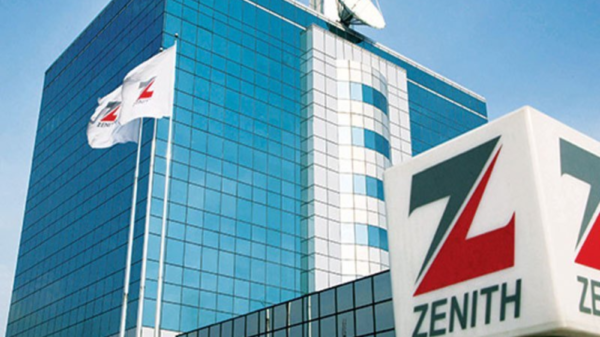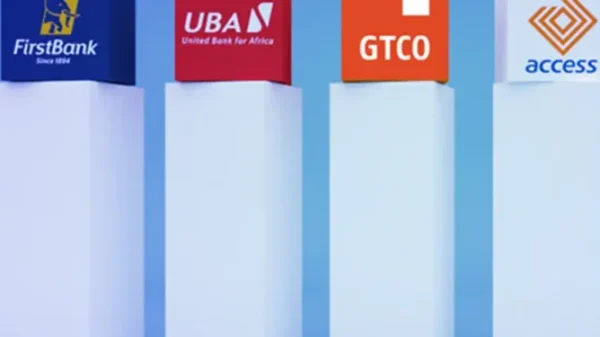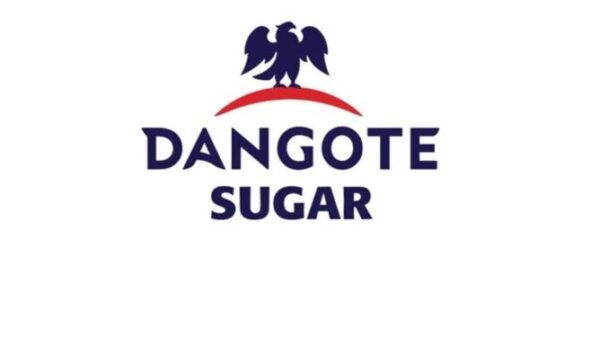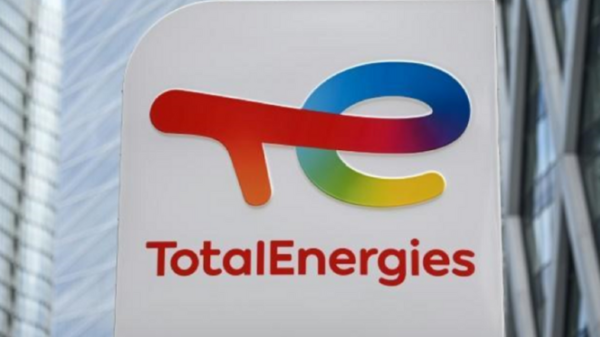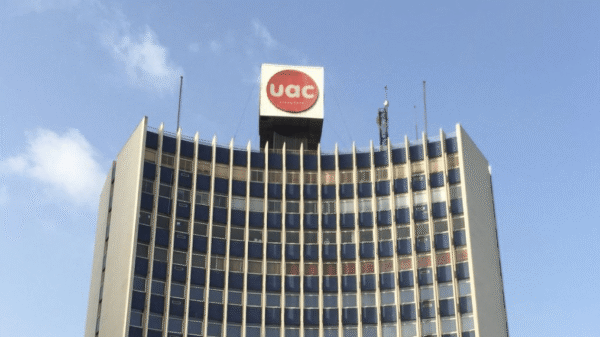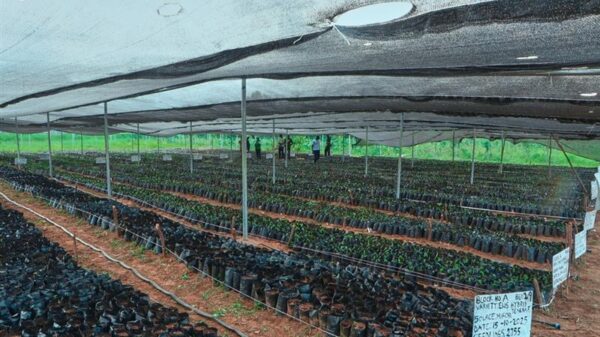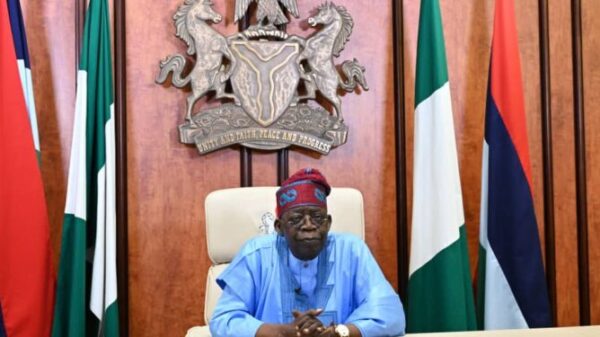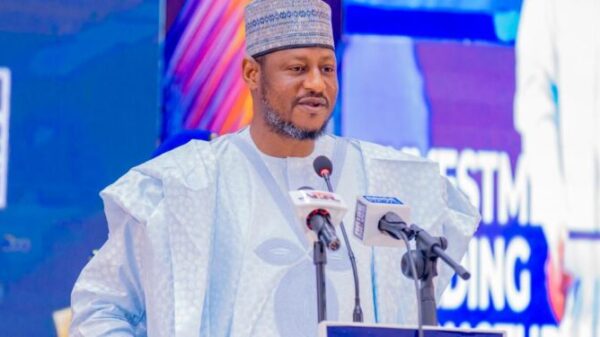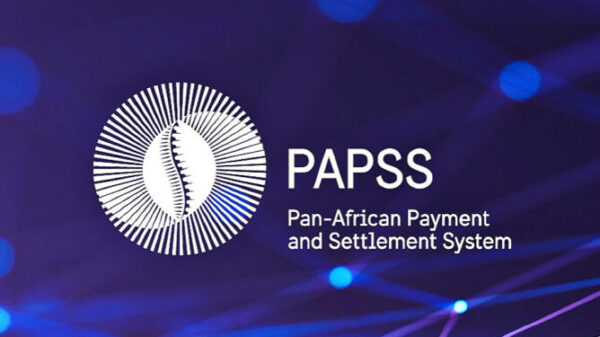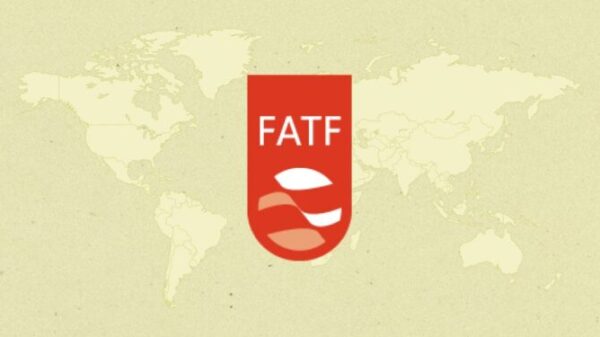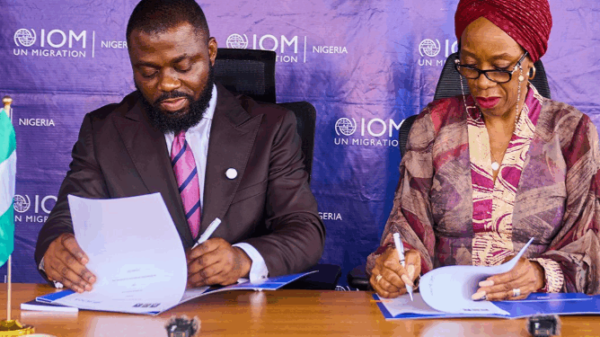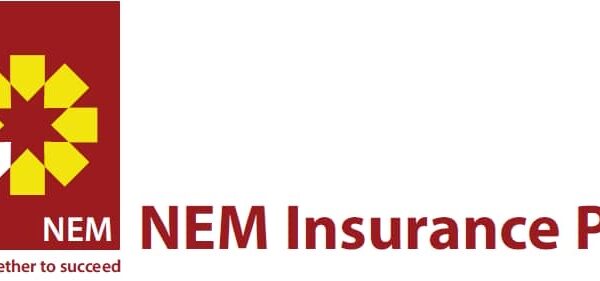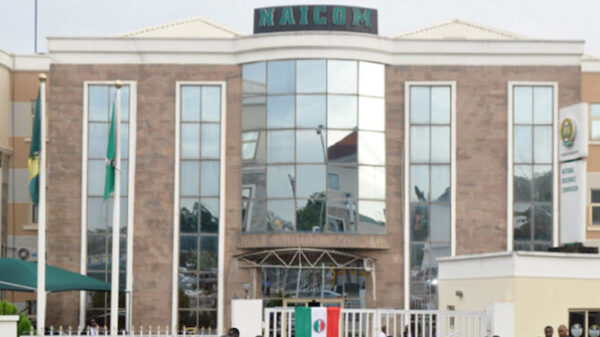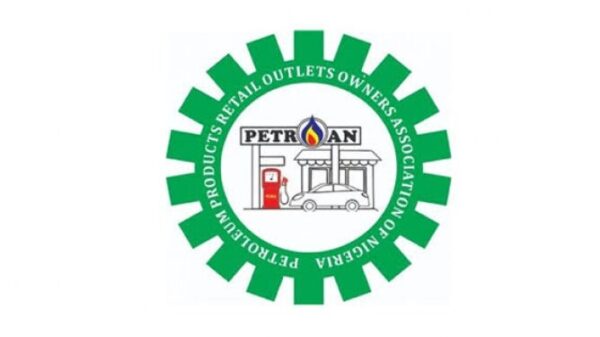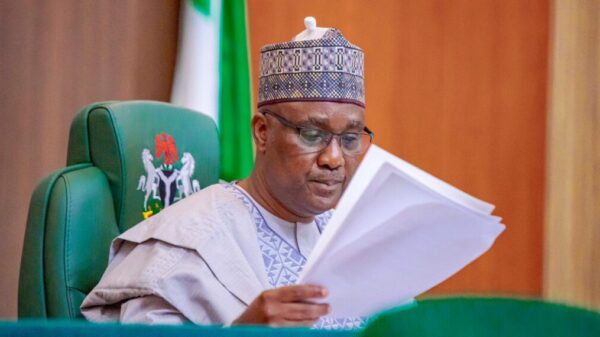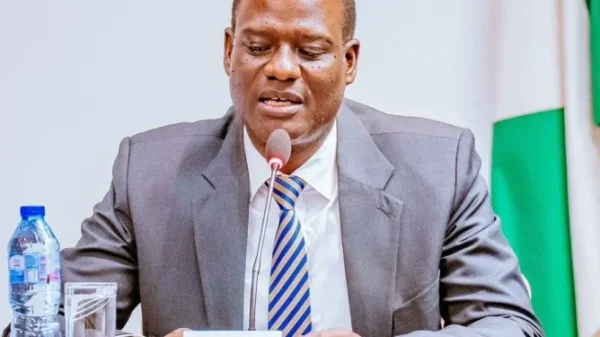The Federal Government of Nigeria has unveiled the Tax Reform Challenge, a nationwide competition designed to engage students and young graduates in shaping the national conversation on Nigeria’s new tax laws. The initiative aims to stimulate creativity, deepen tax awareness, and promote youth participation in fiscal reforms that will define the country’s economic future.
Announcing the launch on Friday, Taiwo Oyedele, Chairman of the Presidential Committee on Fiscal Policy and Tax Reforms, stated that the challenge aligns with the government’s broader vision of fostering inclusivity and innovation in policy development. Through a post on his official X handle, Oyedele explained that the competition will serve as a platform for students to express their perspectives on the newly enacted tax reforms while encouraging informed public discourse.
According to him, the initiative is part of the committee’s strategy to bridge the gap between policymakers and the younger generation, ensuring that the next generation of Nigerian leaders understands and contributes to the evolution of the country’s tax framework.
Who Can Participate
The Tax Reform Challenge is open to undergraduate students in Nigerian universities, polytechnics, and colleges of education, as well as recent graduates currently serving under the National Youth Service Corps (NYSC) or awaiting mobilisation.
Participants are required to thoroughly study the newly signed tax laws and submit original, creative works — such as articles, podcasts, videos, radio programs, or social media campaigns — that highlight, analyse, or critique any aspect of Nigeria’s tax reform between July 1 and December 31, 2025.
Oyedele emphasised that the submissions should be fact-based, educative, and engaging, while welcoming entries that critically assess the government’s policies. The committee aims to reward originality, clarity, and the ability to communicate complex fiscal ideas in ways that inform and empower the public.
Entries will be evaluated based on creativity, factual accuracy, and public engagement, ensuring that both technical insight and accessibility are equally valued.
Prizes and Opportunities
The competition features a N10 million prize pool, alongside other prestigious rewards and career opportunities for outstanding participants.
-
1st Prize: N5 million
-
2nd Prize: N3 million
-
3rd Prize: N2 million
Additionally, the top ten finalists from each of Nigeria’s six geopolitical zones will receive consolation prizes, including digital gadgets, internship placements, job opportunities, and appointments as Tax Reform Youth Ambassadors.
The Youth Ambassadors will be tasked with promoting fiscal literacy, hosting tax education campaigns, and leading discussions that help citizens understand the implications and benefits of tax reforms. Oyedele noted that the programme seeks to “inspire a generation of tax-literate Nigerians who see taxation not as a burden but as a tool for nation-building.”
Interested participants are encouraged to visit fiscalreforms.ng for detailed guidelines, eligibility criteria, and submission procedures.
Background: Understanding the New Tax Reforms
The Tax Reform Challenge comes on the heels of the enactment of four major fiscal reform laws — the Nigeria Tax Act 2025, the Nigeria Tax Administration Act 2025, the Nigeria Revenue Service (Establishment) Act 2025, and the Joint Revenue Board (Establishment) Act 2025. Signed into law by President Bola Tinubu on June 26, 2025, the reforms represent one of the most comprehensive overhauls of Nigeria’s tax system in decades.
Two of the legislations — the Revenue Service Act and the Joint Revenue Board Act — took immediate effect, while the Nigeria Tax Act and Tax Administration Act will become operational on January 1, 2026.
The reforms are designed to simplify Nigeria’s complex tax regime, reduce duplication across federal and state levels, and enhance compliance. Key highlights include:
-
Exemptions for small businesses with annual turnover below N100 million and assets under N250 million.
-
Income tax relief for low-income earners making below N800,000 annually.
-
Tougher compliance standards, requiring detailed record-keeping, e-invoicing for VAT-registered businesses, and enhanced digital reporting.
-
Harmonisation of tax laws to improve coordination among federal, state, and local governments.
Experts believe these reforms could improve Nigeria’s ease of doing business, widen the tax net, and enhance public trust in fiscal governance.
By engaging students through the Tax Reform Challenge, the Federal Government hopes to build a generation of informed citizens who not only understand taxation but also view it as a driver of shared prosperity and national development.


